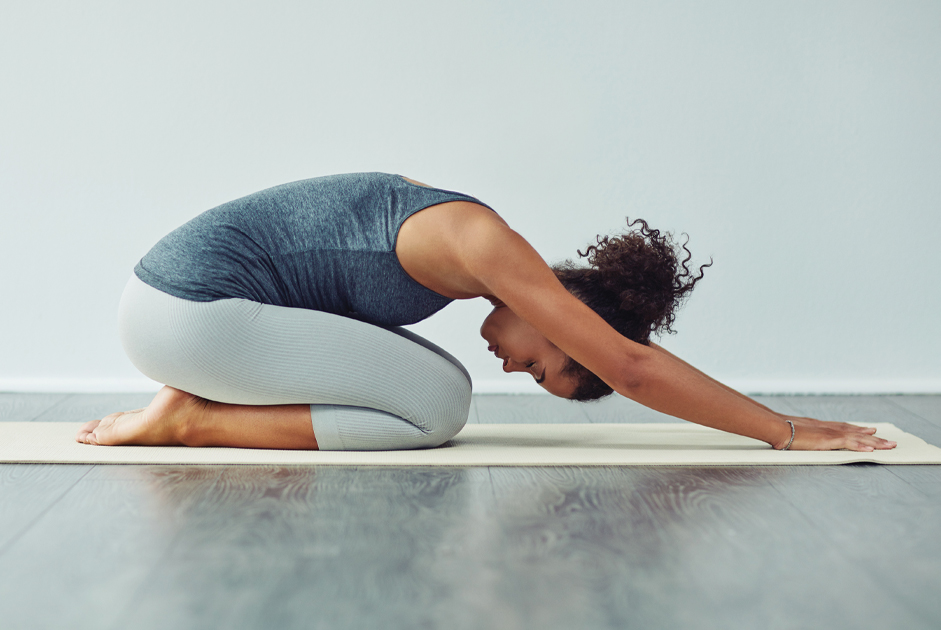Reflecting on the recent struggles that NC residents have endured, it is painfully obvious that life often throws us curveballs. Sometimes it comes in the form of stress of a demanding job, relationship struggles or dealing with unexpected challenges like illness or loss. During these hard times, it can feel nearly impossible to stay grounded and calm. While we can’t control everything that happens to us, we can control how we respond to it.
One of the most effective ways to navigate life’s ups and downs is by nurturing the mind-body connection through mindfulness, breathwork and movement. These practices, when used together, create a powerful toolkit for self-care, resilience and healing.
At its core, mindfulness is the practice of being fully present in the moment, without judgment. When we’re going through difficult times, our minds tend to dwell on the past or worry about the future which can lead to feelings of overwhelm and anxiety. Mindfulness helps break this cycle by bringing our focus back to the present moment. By integrating mindfulness into your daily routine, you can create a mental safe space where you can pause, reflect and reset.
Mindfulness can be as simple as taking a few moments each day to pause and breathe. A quick and effective mindfulness exercise is the “5-4-3-2-1 grounding technique.” Identify five things you can see, four things you can touch, three things you can hear, two things you can smell and one thing you can taste. This exercise grounds you in the present and engages all your senses.
Breathwork: Harnessing the Power of Your Breath
Breath is a vital part of our lives, and we often take it for granted. When we are stressed, our breath tends to become shallow and rapid, which triggers a “fight or flight” response. By practicing intentional breathwork, we can work to promote relaxation and help the body return to a state of calm.
One simple breathwork technique is “box breathing.” You have probably heard of this technique which is as simple as inhaling for a count of four, holding the breath for four, exhaling for four and holding again for four. Breathwork is particularly powerful because it can be done anywhere and anytime. Whether you’re in the middle of a stressful meeting or struggling to fall asleep at night, breathwork provides an immediate and accessible way to reduce anxiety and restore balance. Studies have shown that regular breathwork can improve heart health and reduce feelings of pain.
Movement: Healing Through Activity
When we’re under stress, physical movement may be the last thing on our minds. However, gentle movement such as yoga, stretching or walking can have profound benefits for the body and mind. Movement releases endorphins, the body’s natural mood boosters, and helps alleviate symptoms of stress, including headaches.
Mindful movement practices, like yoga or tai chi, combine physical activity with mindfulness and breathwork, creating a full body experience. These practices encourage us to listen to our bodies, honor our limits and move with intention. Unlike high-intensity workouts, mindful movement is about creating a sense of ease rather than pushing the body.
Even a short daily walk has mental health benefits. Nature has a calming effect on the mind, and the act of walking helps clear mental clutter. As you walk, focus on your surroundings – the sound of the birds, the feel of the breeze, the colors of the trees – and notice how your body feels with each step.
While each of these practices – mindfulness, breathwork and movement – can be beneficial on its own, they work best when integrated. A simple daily routine might include starting your morning with a few minutes of mindful breathing, incorporating gentle stretches or yoga into your afternoon, and taking time at night to reflect on your day.
With practice, you can strengthen your mind-body connection, allowing you to better cope with life’s challenges. It’s not about perfection or eliminating stress – it’s about creating a toolkit that helps you navigate difficult times with greater ease, compassion and resilience. In hard times, caring for yourself is a necessity. Mindfulness, breathwor and movement can provide the foundation you need to thrive, no matter what life throws your way.
Dr. Rachel Zimmer is a nurse researcher and health expert with a passion for integrating wellness into everyday life. As the founder of Hygge Abode, she curates fair trade, sustainable home goods and offers practical guidance on creating serene, joyful spaces. With a background in community health and a commitment to social justice, Dr. Zimmer’s work bridges the gap between health, home and wellness.



















